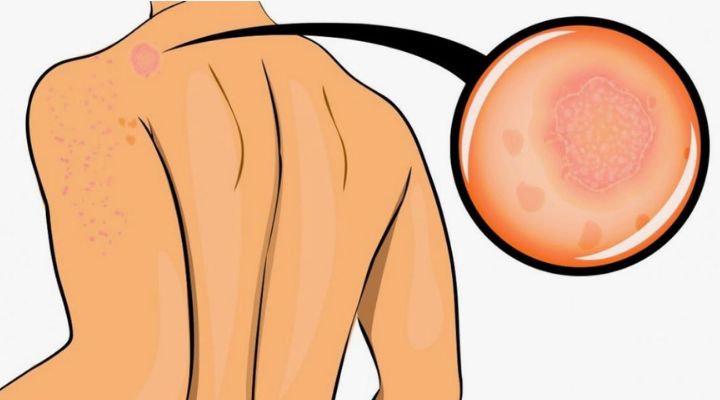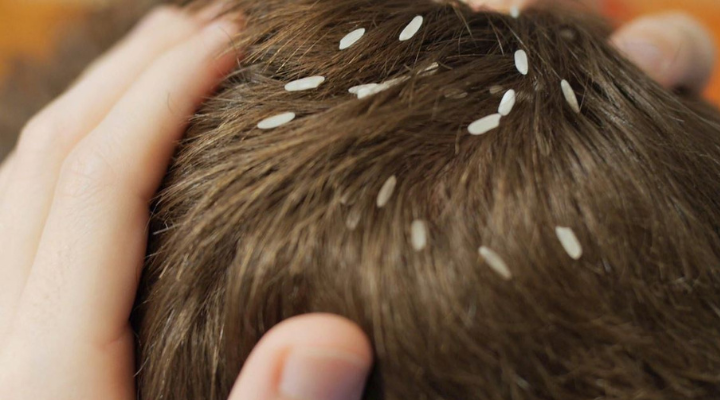Lifestyle Adjustments
Limiting caffeine intake, avoiding strenuous exercise close to bedtime, and maintaining a regular sleep schedule can also help alleviate body twitching during sleep.
Medical Interventions
In some cases, medical interventions such as medication or therapy may be necessary to manage underlying conditions contributing to body twitching during sleep.
When to Seek Medical Advice
While occasional body twitching during sleep is normal, persistent or worsening symptoms warrant medical evaluation. If twitching during sleep is accompanied by other symptoms or significantly impacts daily functioning, consult a healthcare professional for further assessment and guidance.
Conclusion
Body twitching during sleep is a common phenomenon that can be attributed to various factors, including stress, caffeine intake, and underlying medical conditions. Understanding the causes and effects of body twitching during sleep is essential in implementing effective management strategies and improving overall sleep quality.







